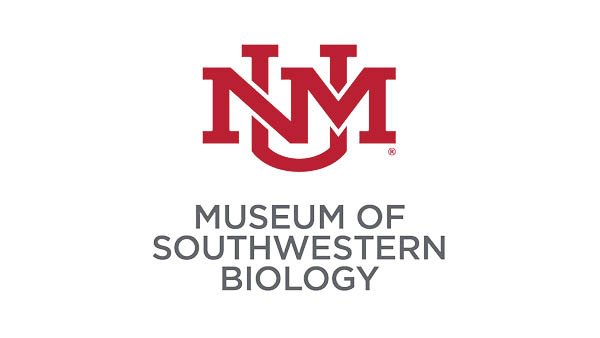NSF grant allows international collaboration of scientists to create a predictive model for emerging pandemics
February 13, 2023
 A collaborative partnership of researchers at the University of New Mexico, Los Alamos National Laboratory, New Mexico State University, University of Kansas, Gorgas Memorial Institute in Panama, and the Center for Research on Health in Latin America in Quito, Ecuador, are developing a new model for predicting pandemics thanks to a $1 million planning grant from the National Science Foundation’s Predictive Intelligence for Pandemic Prevention Phase I program.
A collaborative partnership of researchers at the University of New Mexico, Los Alamos National Laboratory, New Mexico State University, University of Kansas, Gorgas Memorial Institute in Panama, and the Center for Research on Health in Latin America in Quito, Ecuador, are developing a new model for predicting pandemics thanks to a $1 million planning grant from the National Science Foundation’s Predictive Intelligence for Pandemic Prevention Phase I program.
Currently in the planning phase, the goal of the Pathogen Informatics Center for Analysis, Networking, Translation & Education, or PICANTE! is to move from a purely reactive approach to pandemics to an approach that is both predictive and proactive. One of the large challenges of understanding the risk of zoonotic pathogens that spillover from animals to humans such as SARS-CoV-2 and hantavirus here in New Mexico is knowing how diseases are evolving and spreading in animal populations.
The PICANTE effort represents partnerships among individuals in the fields of engineering, computer sciences, social sciences, pathobiology, epidemiology and virology. PICANTE will take aim at shedding light on the evolution and spread of pathogens before they spill over into human populations by studying and using the extensive frozen animal tissue biorepositories housed at the UNM Museum of Southwestern Biology (MSB). This foundation will be utilized to determine the social, environmental, and biological features contributing to pandemic risk.
Read more at UNM Newsroom.
